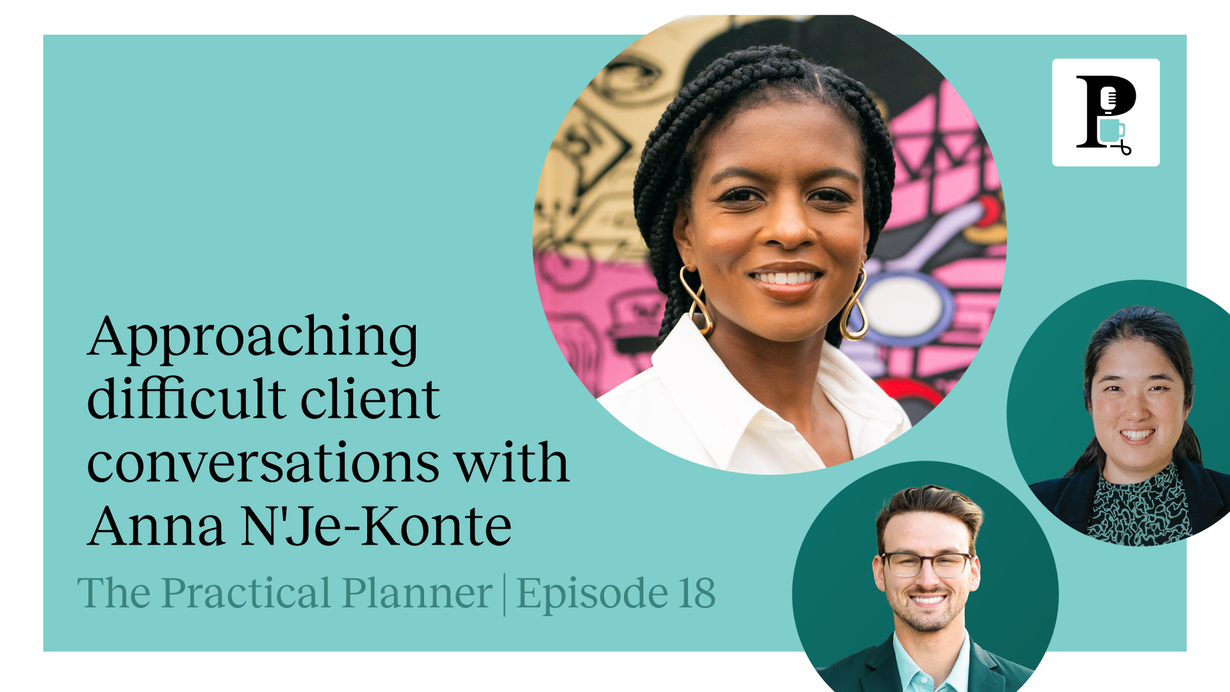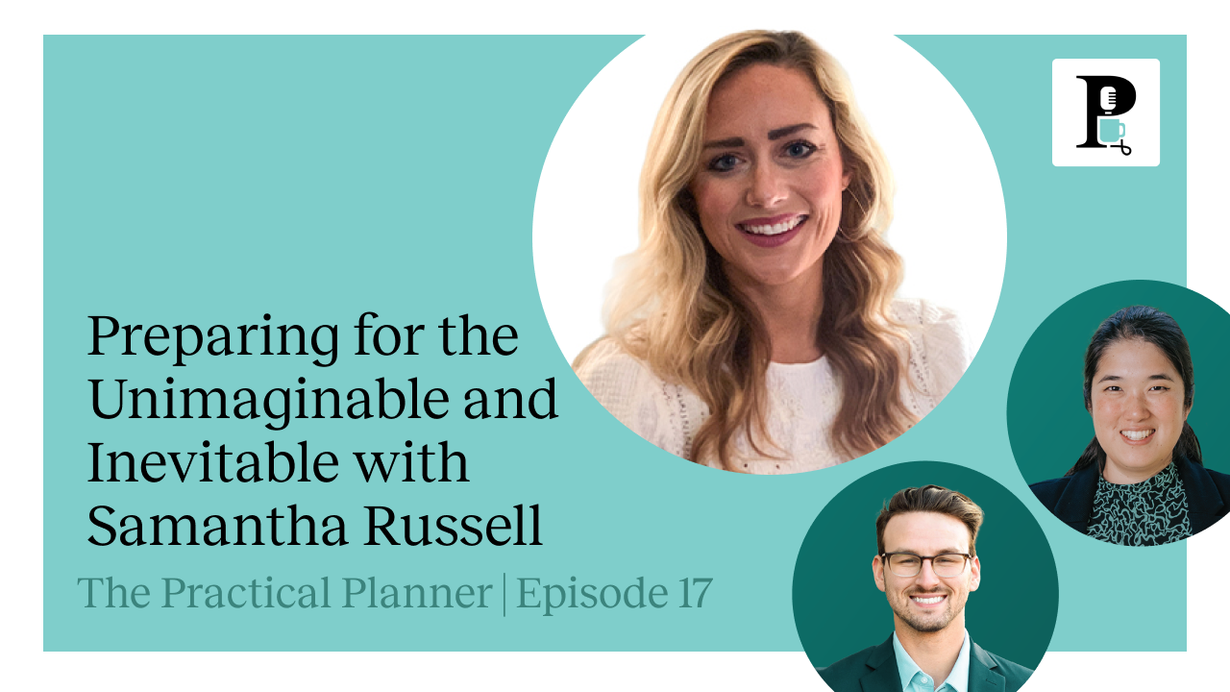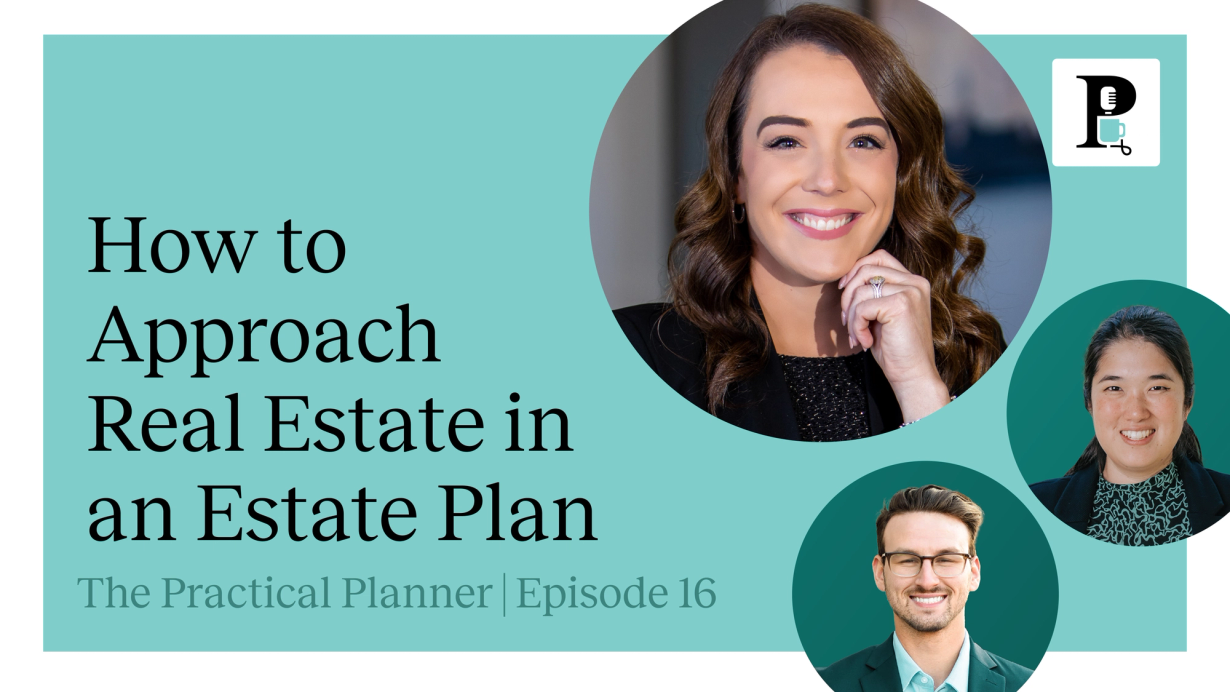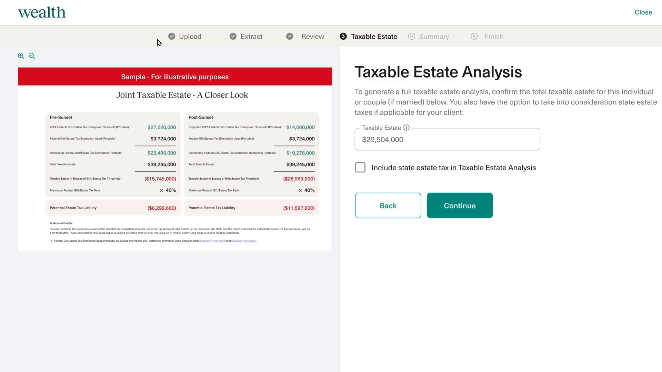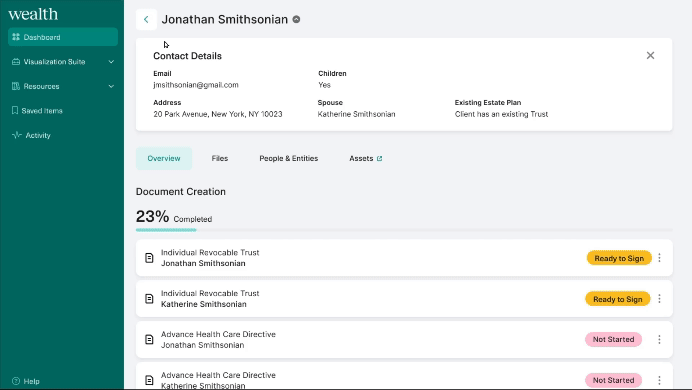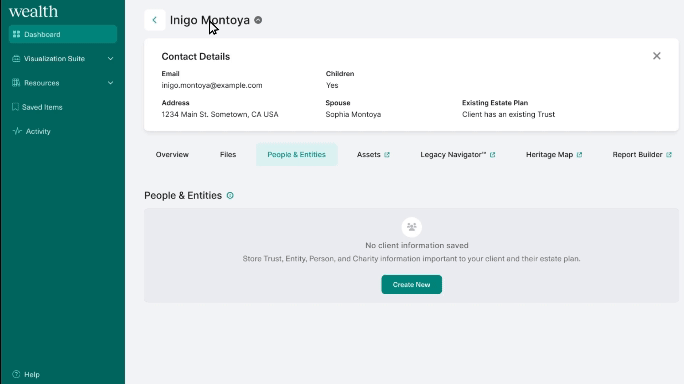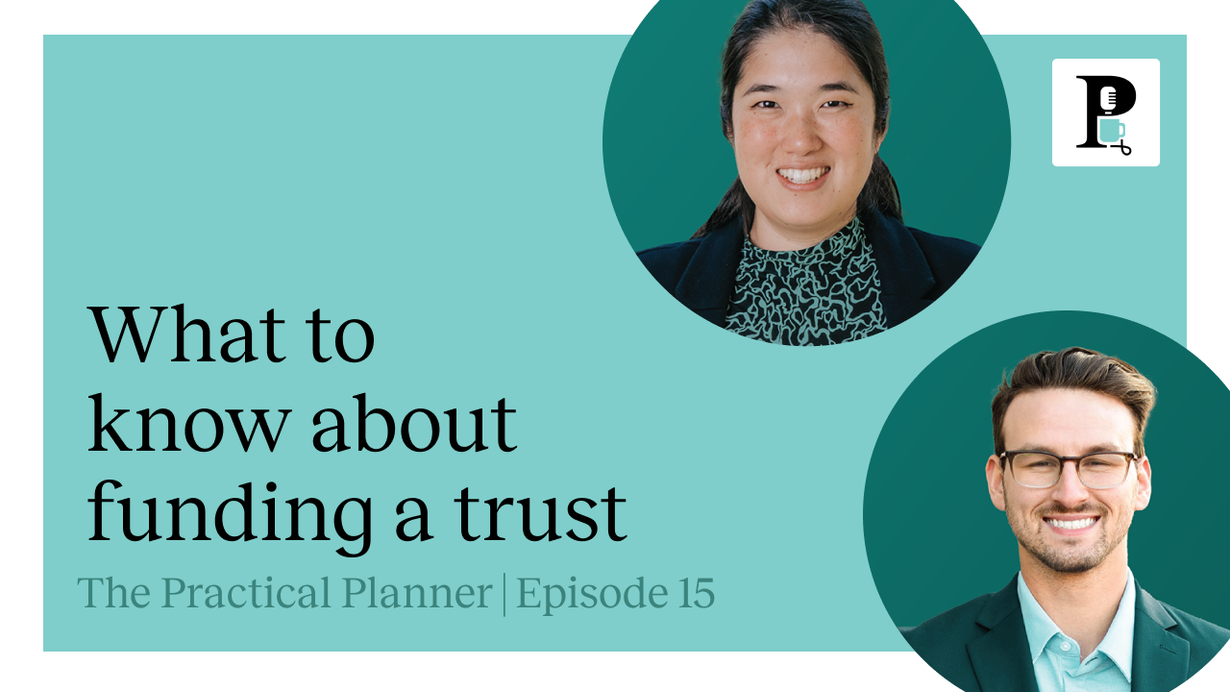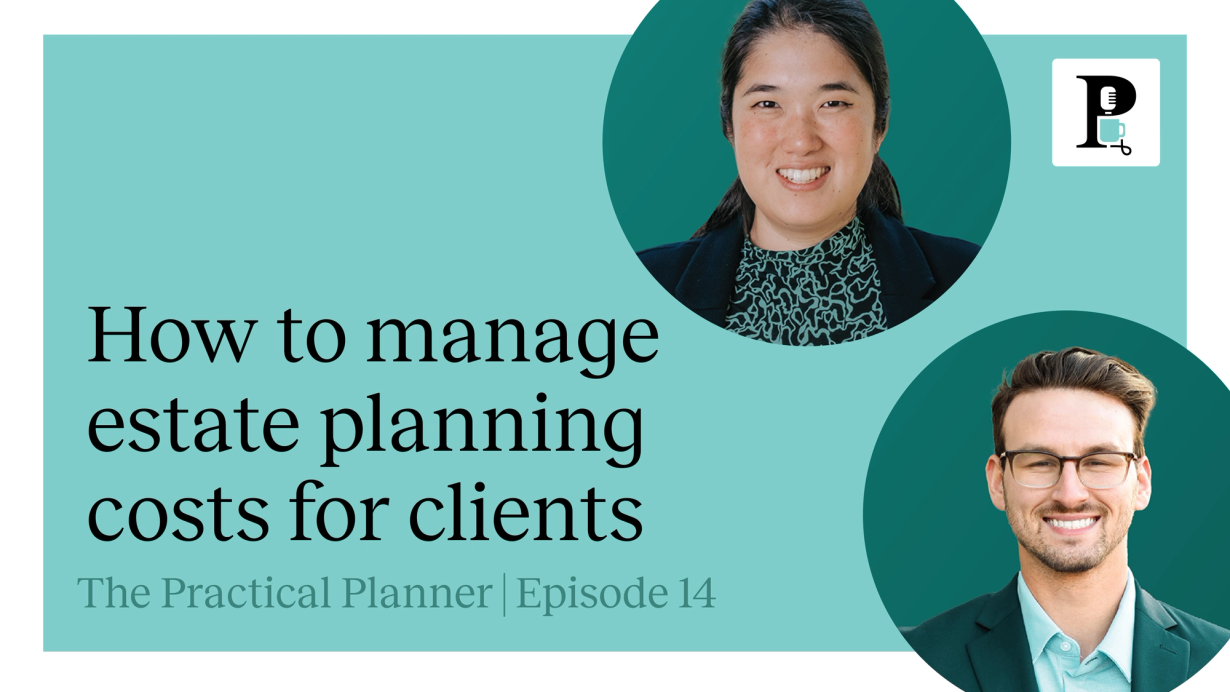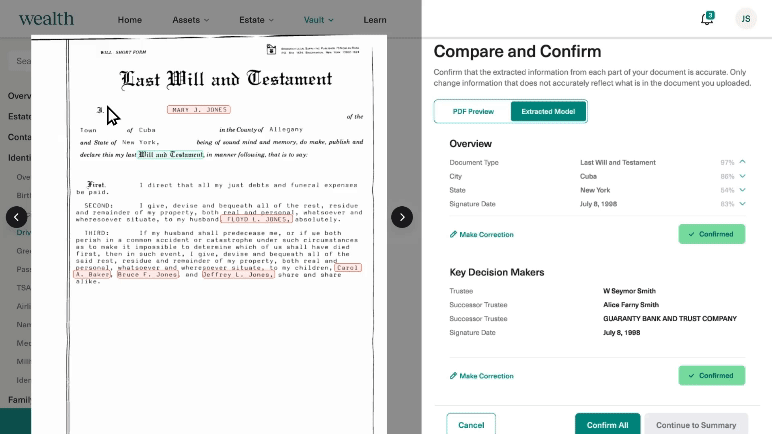This is a guest post by Anna N’Jie-Konte, CFP®, President and Director of Financial Planning for Re-Envision Wealth.
It’s not uncommon for people to feel emotional resistance to writing an estate plan or having estate discussions with their parents, children or anyone else they may want, or need to, involved in their plan. These difficulties can be especially marked when you layer on other complicating factors, like cultural norms, multicultural families, blended family dynamics, and more. As advisors, addressing the human element of planning is always going to be our value add.
It can feel awkward to consider how we might help our clients navigate these difficult conversations. Most of us are not trained in guiding clients through conversations that don’t have a tactical, numerical basis. Yet helping clients approach their own awkward conversations with family can not only be emotionally rewarding, it can save them and their family potential pain down the line.
Understand the difference between not prioritizing and hesitance
It can often feel that, as an advisor, client conversations walk a fine line between emotional therapy and unbiased financial recommendations. Estate planning is an area that can feel like that line blurs even more because they need to include parents, children or other family and friends as beneficiaries, executors, financial powers of attorney and/or potential guardians for dependents. Making those decisions—who gets what and who’s involved with what—can be tough.
But many advisors have likely encountered clients that are just “too busy” to address certain things. Not because they’re necessarily resistant, just because they have busy lives and it’s easy to put off aspects of financial planning. Our first job as advisors is to recognize when clients are simply too busy to address something, versus when it is an internal block they have around this conversation. While we can never tell what the block they’re facing is, it’s important to not only try and understand if it’s busyness versus a block, but to also help them understand why having these conversations are important.
Examples of common estate planning conversations and how to advise clients
There are certain aspects of clients’ estate plan you may find they aren’t prioritizing. I’ve included a few common ones, and how I would approach navigating this block.
1. “I don’t know who I should pick to manage my financial affairs.”
First, understand that many people are not discussing money with anyone—even those closest to them in their lives. So when it comes to discussing how to manage their financial affairs, and how they want them managed at a time when they are unable to provide direction, that can be a whole other level of discomfort.
But remember, that they have to discuss these roles with the people they want to choose. That can bring up an understandable resistance, either because they are afraid of showing just how financially successful they are, they don’t want loved ones to know exactly what they own or because they’re afraid it will change the dynamic of their relationship.
Here’s how I’d approach this with clients:
Remind your clients that they don’t have to disclose any financial information here. The potential appointee just needs to accept their role and have a general understanding of the estate plan. There’s no need to give them account numbers and balances. Knowing that should hopefully make it easier for your client to approach that conversation. Emphasizing that they are more likely to achieve their legacy goals if the people they want to appoint give their buy-in can also help motivate folks to push through their initial discomfort and have the necessary conversations.
2. “I don’t know how to pick my child’s guardian.”
As a parent, it’s hard to imagine someone else doing as good of a job as we do in raising our precious babies. So, when it comes to choosing who should care for them if we pass, we worry not only about this person’s ability to instill important values and morals in our child but also feel a future potential grieving process as we sign the documents. Although we are not actually giving up guardianship, we are creating a potential future for our child that doesn’t include us, and that can be tough to accept.
Clients may also worry that it could create division in their family by choosing one person over another. If they want to choose one sibling but not the other, they may worry that this could change the dynamic of the relationship with the sibling that they don’t choose.
Here’s how I’d approach this with clients:
Help your clients evaluate potential guardians with two criteria in mind: Who would be the most financially responsible and who shares a similar lifestyle and value system to you. Sometimes those are the same people, sometimes they’re not. But thinking about it this way allows your client to see who might be the best guardian versus a testamentary trustee fit.
You can also suggest that your clients keep a journal or log of the important lessons they want their child to learn. It can be stored alongside the estate documents to be passed along to the child’s guardian and/or child when they are of age.
Also remind them that they don’t have to announce to everyone whom they’ve chosen. Of course, they should ask the guardian’s permission, and discuss their philosophy and wishes, but your client can ask that it remain between them unless they choose to tell others themselves.
3. “I’m nervous about my family members becoming trustees. What if they aren’t able to rise to the responsibilities?”
We can never know how people will react to power, money, or influence. It’s important to remember that there are checks and balances to the trustee’s power and potential legal recourse for the trust beneficiaries. Your clients are not appointing someone with unchecked power.
Here’s how I’d approach this with clients:
When in doubt, suggest that it may make sense to appoint co-trustees so that there are more checks and balances. You can offer to host family meetings with your client and the trustees so that they understand where things are, why they’re structured this way, etc. This allows your client to share their perspective and can feel confident that their successor trustees, executors, etc. know their wishes and understand their estate plan.
Help clients understand the consequences of not having conversations
Beyond general fear or awkwardness of having these types of conversations, there could be other reasons clients may resist them. Their culture may not prioritize having financial conversations with parents, there may be further complications with previous marriages or existing difficulties with certain family members. Whatever reason there may be, you can’t force them to have these conversations, but you can help them understand why they’re important.
You can explain that by not approaching these conversations, they could just be delaying any pain by leaving decisions to their loved ones without any roadmap. Not figuring out these decisions could also impact their loved ones financially due to tax inefficiencies and prolonged probate court. Finally, not having these conversations could cause family squabbles when it comes time to divvy up their assets.
It’s not your job as advisor to make these decisions for your clients, but you can help create context around why they should make them and the urgency for doing so. It’s also how you can strengthen the relationships you have with your clients because they’ll see you as more than just a “numbers person” but as an advisor that is putting their well-being first.

